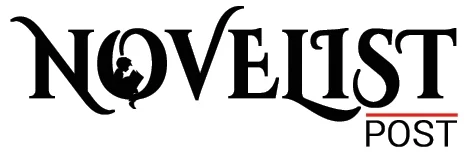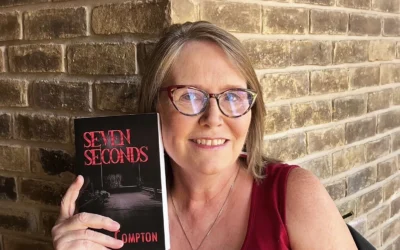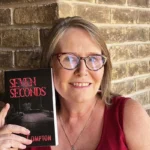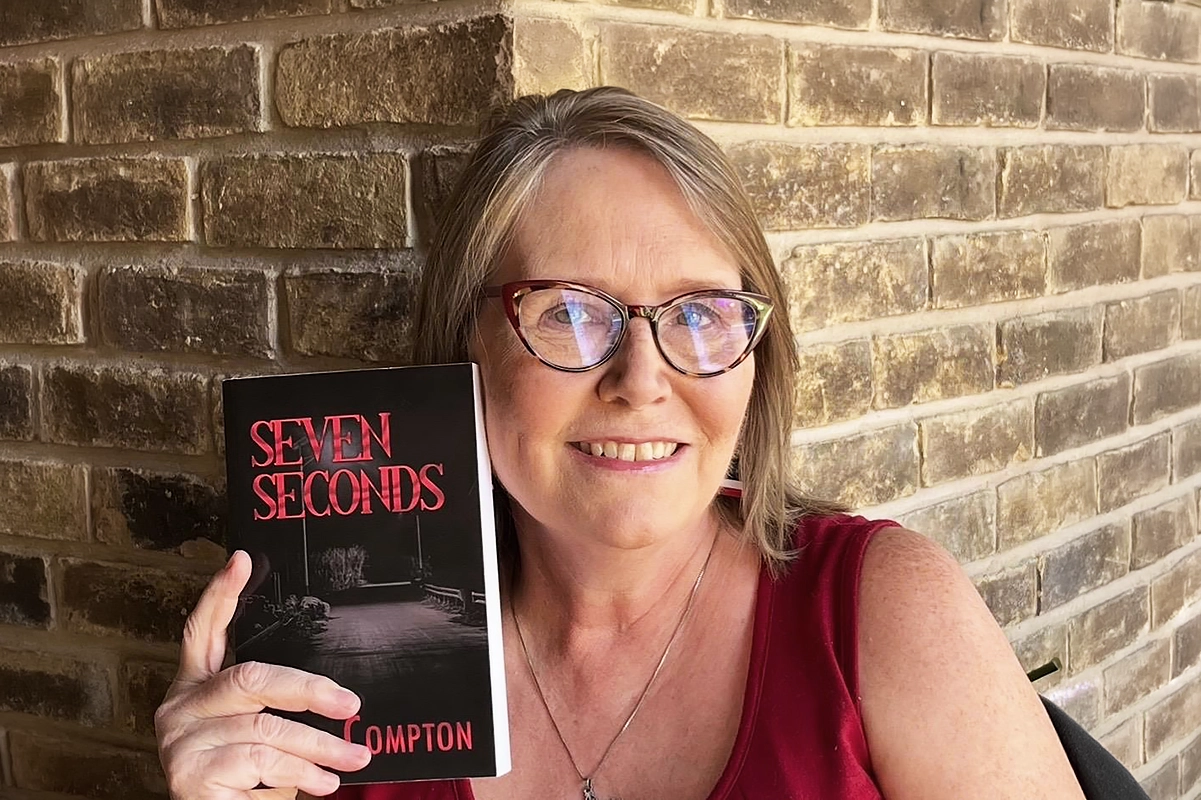Exploring Creativity, Truth, and the Art of Storytelling Across Mediums
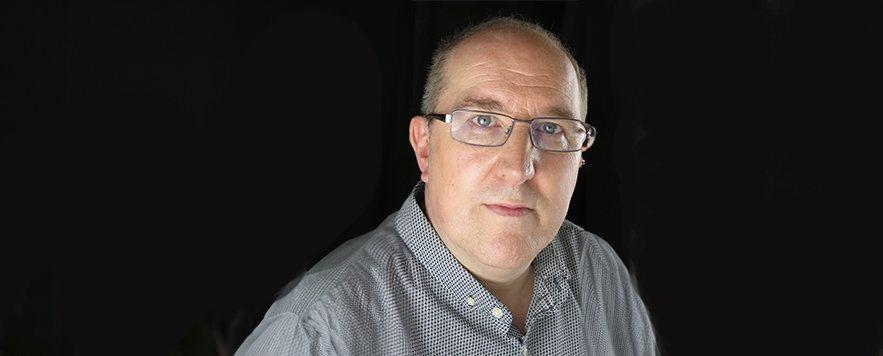
Unveiling the Literary Tapestry with Author Philip Hilton
Acclaimed author Philip Hilton discusses his literary journey, from childhood comic book fascination to crafting captivating narratives, blending truth and creativity with organic storytelling flair.
Philip Hilton, a multifaceted wordsmith with a penchant for storytelling across various mediums, unveils the secrets behind his literary prowess in an exclusive interview with Reader’s House magazine. With a diverse portfolio spanning journalism, stage, radio, and self-published novels, Hilton emerges as a luminary in the literary landscape, blending creativity with authenticity.
A connoisseur of obscure literary treasures, Hilton shares his fondness for The Theory And Practice of Gamesmanship: Or the Art of Winning Games Without Actually Cheating by Stephen Potter, a gem hidden in the literary trove. Delving deeper into his literary psyche, Hilton reveals that what moves him most in literature is its intrinsic truthfulness, a quality that resonates profoundly with his discerning sensibilities.
Reflecting on his formative years, Hilton traces his literary journey back to his childhood fascination with comic books, praising the symbiotic fusion of art and literature encapsulated within their pages. Even now, as an acclaimed author, he continues to draw inspiration from this amalgamation, including the realm of graphic novels in his literary repertoire.
Among his perennial literary companions are timeless classics such as Daphne du Maurier’s Rebecca and James Hilton’s Goodbye Mr Chips, whose enduring allure and poignant narratives captivate him time and again. Yet, amidst his own literary endeavors, Hilton maintains a delicate balance, indulging in fiction from diverse genres while abstaining from nonfiction outside his current writing sphere.
Describing his writing style as organic, Hilton elucidates how his stories germinate from the fertile soil of his imagination, blossoming into intricate narratives that traverse the realms of creativity and authenticity. Recalling his maiden voyage into the world of writing—a prose poem titled The Henge, penned at the tender age of sixteen amidst the melodic tapestry of Kate Bush’s music—Hilton candidly admits its lackluster reception.
Embracing the diverse tapestry of literary expression, Hilton finds solace in the nuanced challenges presented by radio dramas and short stories, relishing the opportunity to explore new creative vistas. However, amidst the myriad projects he has undertaken, one stands out as particularly demanding—the creation of an interactive online course encompassing video scripts, acting roles, and even voiceovers for animated segments. Despite its complexities, Hilton revels in the creative process, infusing each endeavor with his distinctive flair.
Unveiling a unique ritual that precedes every new project, Hilton divulges his penchant for crafting playlists tailored to each story—a melodic mosaic that sets the tone and ambiance, breathing life into the cinematic tapestry of his imagination. Through this auditory journey, Hilton embarks on a voyage of creativity, where words and melodies intertwine to form the very fabric of his storytelling prowess.
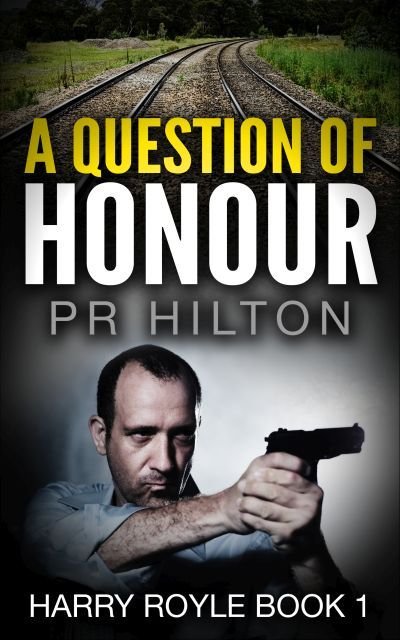
A Question of Honour by PR Hilton is an enthralling tale that transports readers back to the tumultuous era of 1937. Sergeant Harry Royle, on the cusp of a promising future as an officer, finds himself unjustly accused of murder, thrust into a world of danger and deception. As he flees from place to place, from Manchester to Cardiff to the gritty streets of London’s gangland Soho, Royle’s journey becomes a riveting odyssey through wartime cities and daring prison escapes.
Hilton’s masterful storytelling skillfully weaves together elements of historical fiction with the gripping narrative of one man’s fight against an unjust world. Against the backdrop of smoky jazz clubs and shadowy figures, Royle discovers unexpected allies and fleeting moments of redemption.
What sets A Question of Honour apart is its deeply personal inspiration. The protagonist, Harry Royle, is based on the author’s own father, a real-life figure whose exploits as a jailbreaker captured the imagination of the nation. Hilton’s homage to his father adds a layer of authenticity and poignancy to the narrative, elevating it beyond a mere work of fiction.
The meticulous research undertaken by Hilton shines through in every page, lending credibility to the vivid portrayal of Royle’s world. From firsthand accounts of wartime events to visits to museums and archives, Hilton’s dedication to historical accuracy is evident throughout the novel.
Moreover, Hilton’s creation of multifaceted characters like Irene Parker-Brown and Devon not only adds depth to the narrative but also serves as a poignant commentary on the societal norms and injustices of the time. Through their stories, Hilton deftly addresses issues of gender, race, and class, enriching the tapestry of Royle’s world.
Overall, A Question of Honour is a captivating read that seamlessly blends fact with fiction, offering readers a glimpse into a bygone era fraught with danger and intrigue. Hilton’s homage to his father’s legacy, combined with his meticulous attention to historical detail, makes this novel a must-read for fans of historical fiction and crime thrillers alike.
